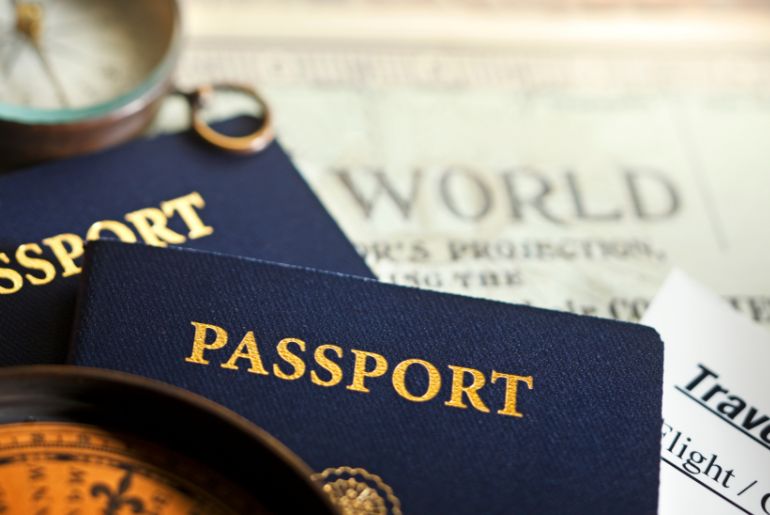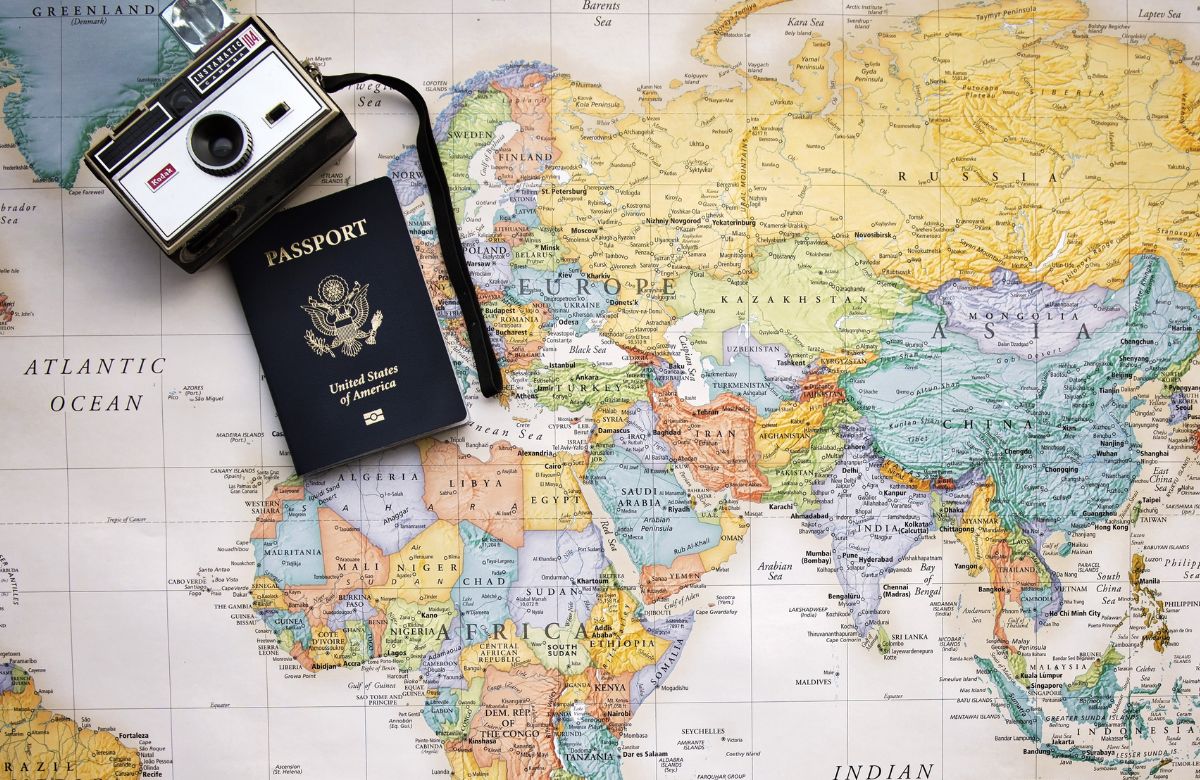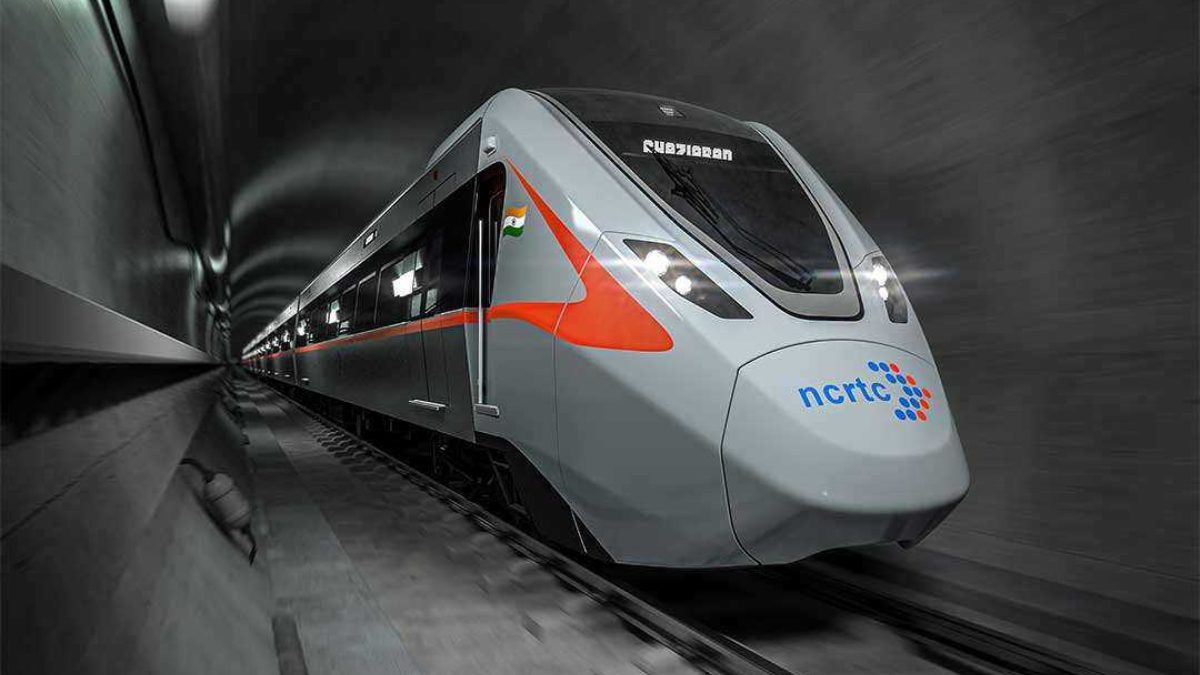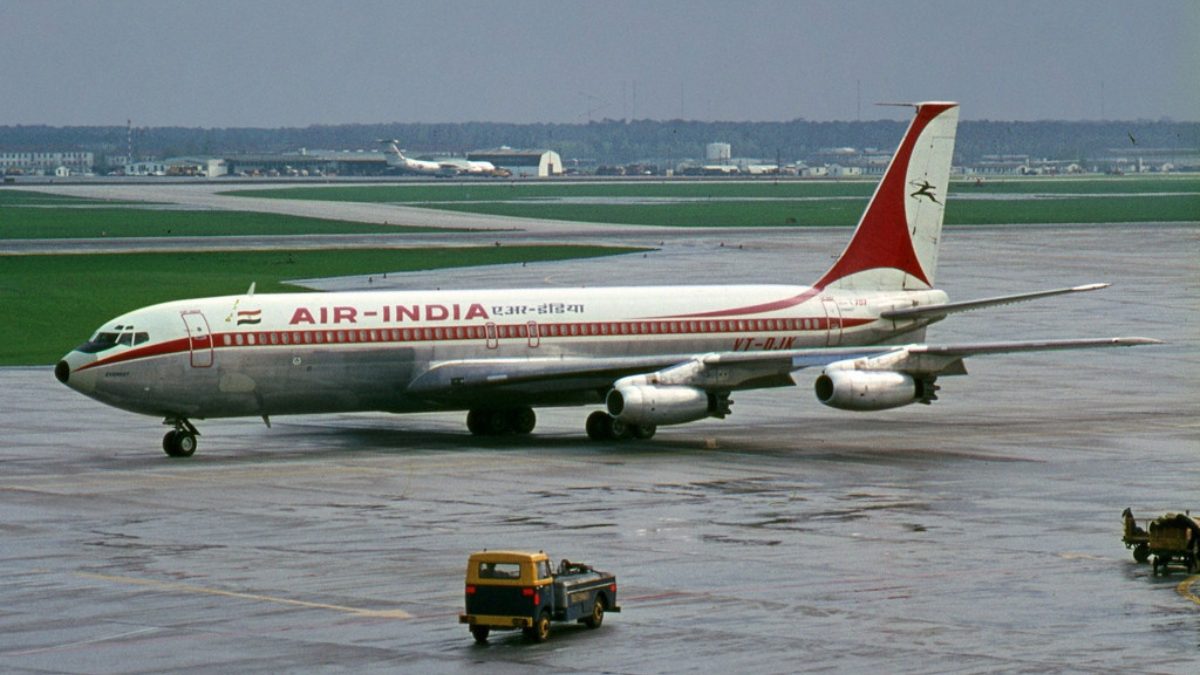In an increasingly interconnected world, the power of a passport has become a significant factor in determining an individual’s global travel and opportunities. Passport privilege or passport strength, refers to the varying levels of ease with which citizens of different countries can travel internationally. Some nations enjoy the privilege of holding powerful passports, granting their citizens visa-free or visa-on-arrival access to numerous countries around the world.
Powerful Economies Have The Most Passport Privilege

Depending on your passport, international travel might be an ease or a nightmare. This is a truth that people may be unaware of if they have never gone through the ordeal of a lengthy visa application. So, what causes this dramatic disparity in passport power? The answer is economics.
The International Air Transport Association (IATA) and Henley & Partners, a residency and citizenship advice business, routinely evaluate the world’s strongest and weakest passports depending on how many countries passport holders may access either visa-free or with a visa-on-arrival.
According to its most recent study, G7 member countries-
- Japan,
- Germany,
- Spain,
- Italy,
- France,
- the United Kingdom,
- the United States, and
- Canada
These countries have some of the world’s most powerful passports. The top-ranked Japanese passport allows simple entry to 193 different travel locations. The G7 countries collectively account for more than 40% of global GDP. According to International Monetary Fund (IMF) data, they also have some of the highest GDP per capita in the world.
Also Read: Do You Know Only 3 People In This World Can Travel ANYWHERE Without A Passport?
Exploring the Disparities Among Countries

Passport privilege contributes to economic disparities, as individuals from countries with stronger passports have greater access to global markets, business opportunities, and higher-paying jobs. Moreover, this exacerbates the wealth gap between nations.
Economic and political stability are crucial factors in determining passport privilege. Countries with stable economies and robust political systems tend to have stronger passports. Stable economies attract investment and foster trade relations, which can lead to stronger diplomatic ties and visa-waiver agreements.
Geopolitical influence plays a crucial role in passport privilege. Major global powers, such as the United States, European Union member states, Japan, and countries with significant regional influence, have strong passports. Additionally, their geopolitical standing and economic clout often grant them leverage in international relations, resulting in more favourable travel arrangements for their citizens.
Cover image credits: Canva
First Published: July 17, 2023 2:35 PM



